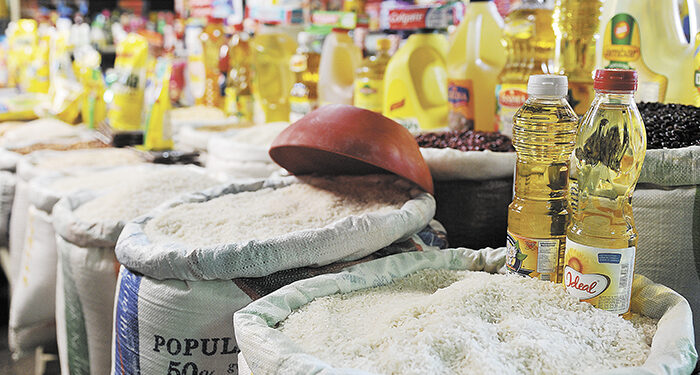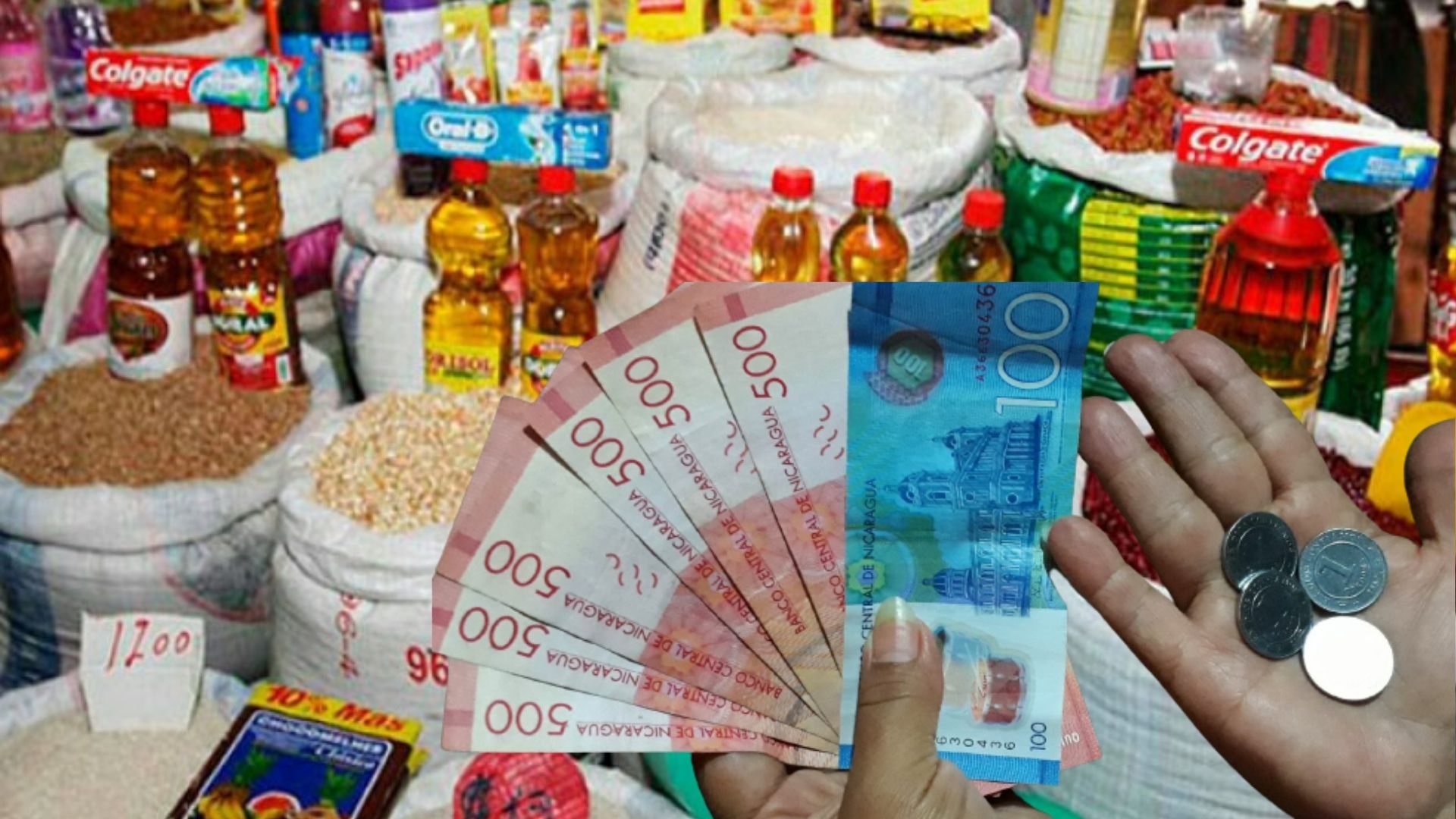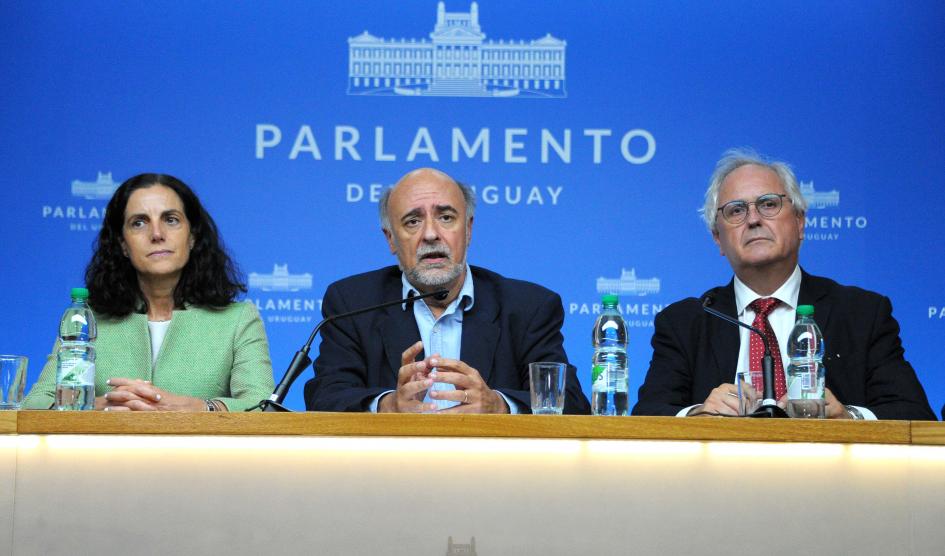The Ministry of Labor (Mitrab) this Wednesday, March 22, made official the adjustment of the minimum wage of 10% to Nicaraguans. The National Minimum Wage Commission was installed on January 19 and in the first five sessions consensus was not reached to set the adjustment digit, it was until February 23 that they agreed and reported on the “increase.”
Through the ministerial agreement ALTB-01-02-2023, published in The GazetteMitrab explained that “in accordance with the policy of dialogue and consensus promoted by our Government of Reconciliation and National Unity, and established in the Political Constitution of the Republic of Nicaragua in a tripartite manner it was agreed to adjust the current minimum wages to all sectors of the national economyfrom the first day of March of the year two thousand twenty-three until the day twenty-ninth of February of the year two thousand twenty-four».
The new salaries were set as follows: Agriculture: 5,196.34 córdobas; Fishing: 7,901.21 córdobas; Mines and quarries: 9,332.44 córdobas; Manufacturing industry: 6,987.06; Free zone: 8,098.46; Micro and small national craft and tourism industry: 5,474.77 córdobas.
Related news: Price of the basic basket in Nicaragua drops only five córdobas
Construction: 11,628.95 córdobas; Community services: 7,284.71 córdobas; Central and municipal government: 6,480.04 córdobas; Hospitality, transportation and communications: 9,531.14 córdobas.
According to the economist Enrique Sáenz, the 10% salary adjustment violates the Minimum Wage Law, which establishes that the formula to set the base adjustment is the sum of inflation and economic growth of the previous year.
“According to the Minimum Wage Law, a law approved during the Ortega government, the adjustment to the minimum wage must respond at least to the sum of inflation plus economic growth. According to INIDE data, inflation in 2022 was approximately 12% and economic growth, according to Central Bank data, was approximately 4%,” Sáenz told Article 66.
The economist claims that minimum pay adjustment should be 16%At least, because the same law establishes that the salary must be close to covering the total cost of the basic basket, contrary to what has happened with the “increases” of each year.
With the new minimum wage, which came into force on March 1, Nicaraguans will not even be able to acquire 40% of the basic food basket. The average minimum wage is around 7,700 córdobas, about 212 dollars, insufficient money to buy the family basket, which in February it was located at 19,018.82 córdobas.
According to the National Institute of Development Information (inside), the basic basket reported a decrease of just four córdobas with 31 cents last February, compared to the 19,023.13 córdobas registered in January.

The food basket has maintained a growing trend, while the purchasing power of Nicaraguans each day remains static or decreases. Currently, with the salary adjustment, Nicaraguans cannot even purchase the food component that includes 23 products, the cost of which is 13,545.93 córdobas.
Among the products that showed the most upward trend last month are beef, specifically the post, which is positioned as the least accessible, being up to 140.60 córdobas per pound. If a family consumes eight pounds of meat per month, it would cost around 1,124.80.
The pig post registers a cost of 89.42 cordobas, in such a way that if five pounds a month are purchased, a family would be spending 447 cordobas a month. As for the chicken, the pound costs 57.06 córdobas. Another product that has become more expensive is cheese. This food reached 125.34 córdobas in February.
In addition, articles for household use, clothing, footwear, electricity and butane gas, and housing rent reached 5,472.89 córdobas. All these prices are in accordance with the Inide study, however, prices may vary depending on the department of Nicaragua or the business where the purchases are made.
Despite the fact that the salary adjustment for this 2023 is higher than in other years, It is still insufficient to cover the cost of the basic food basket in Nicaragua which currently reaches 19,018.82 córdobas, that is, its cost exceeds three times more than the country’s minimum wage.


















